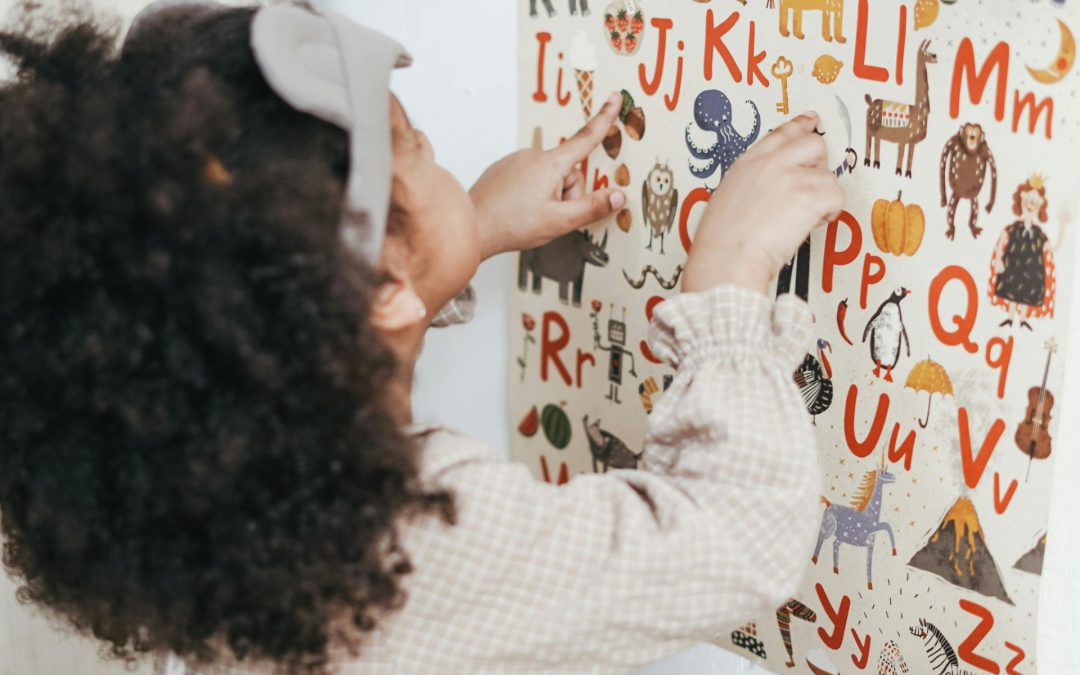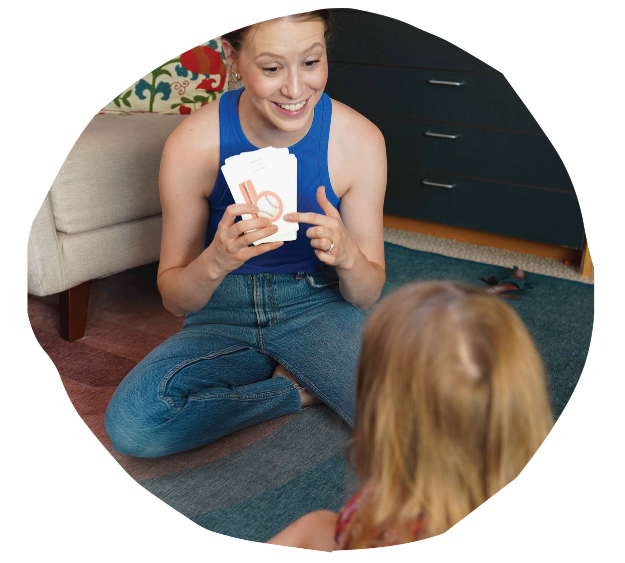As parents, we all want to make learning a joyful experience for our children, especially when it comes to something as essential as reading. But what if we told you that turning reading into a game could be the secret to unlocking your child’s reading potential? Welcome to the world of game-based learning, where education and play come together to create a powerful tool for building reading skills and confidence.
The Science Behind Learning Through Play
Research has consistently shown that children learn best through play. When kids are engaged in playful activities, they’re more likely to absorb information, retain it, and apply it in real-life situations. Play stimulates curiosity, encourages problem-solving, and promotes a positive attitude towards learning. For young readers, games provide a low-pressure environment where they can practice new skills without the fear of making mistakes.
Game-based learning taps into this natural inclination to play, making reading not just a task, but an enjoyable adventure. By incorporating games into your child’s reading routine, you’re helping them build essential skills in a way that feels fun and rewarding.
How Game-Based Learning Builds Reading Confidence
One of the biggest challenges in teaching children to read is keeping them motivated. Traditional methods, like worksheets or rote memorization, can quickly become tedious, leading to frustration and disengagement. But with game-based learning, the focus shifts from “getting it right” to “having fun.” This shift in mindset can make a world of difference for your child’s reading journey.
When children play games that are designed to reinforce reading skills, they experience a sense of accomplishment with each success, no matter how small. This sense of achievement builds their confidence and encourages them to keep going. The more they play, the more confident they become—and the more they learn.
Practical Tips for Incorporating Game-Based Strategies at Home
So, how can you bring game-based learning into your home? Here are a few simple tips to get started:
- Make Reading Fun: Choose games that are interactive and engaging, like letter matching, word puzzles, or storytelling games. The goal is to make reading feel like playtime, not homework.
- Set Aside Time for Play: Dedicate at least 15 minutes a day to playing reading games with your child. This consistent practice will help reinforce their skills and keep them motivated.
- Celebrate Wins: Every time your child masters a new skill or completes a game, celebrate their success! Positive reinforcement goes a long way in building their confidence.
- Use Resources Like Play to Read Plus: Our Play to Read Plus membership offers a variety of game-based learning strategies that are tailored to your child’s reading level. With weekly live lessons, daily coaching, and a library of engaging games, it’s designed to make reading fun and effective.
Conclusion
Game-based learning is more than just a trend—it’s a proven method for helping children develop strong reading skills in a way that feels natural and enjoyable. By turning reading into a game, you’re giving your child the tools they need to succeed, all while fostering a lifelong love of learning. Ready to make reading fun? Start incorporating game-based strategies today, and watch your child’s confidence soar.





